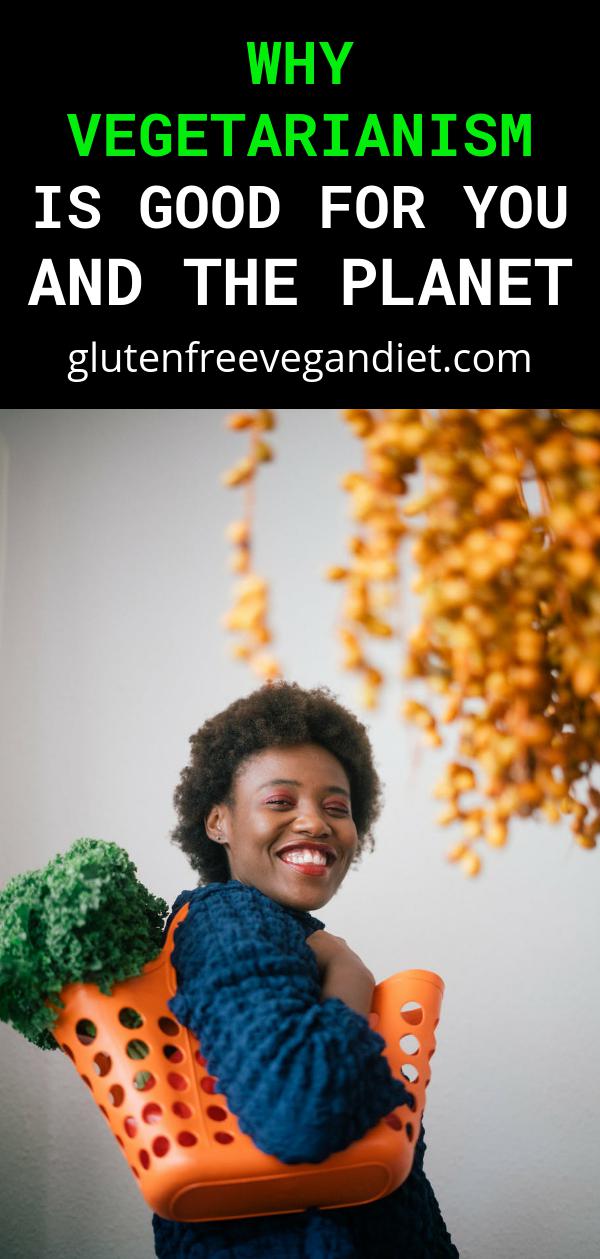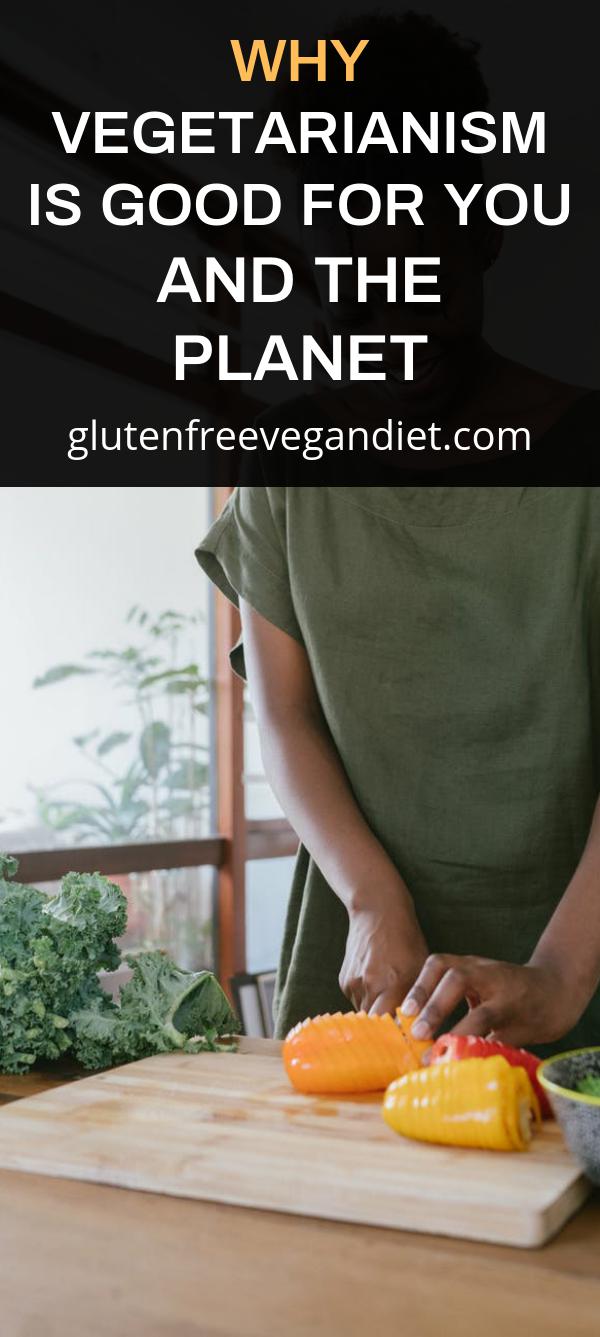Even the Utah Beef Council admits, ‘Several epidemiological studies indicate that vegetarians have lower morbidity and mortality from chronic degenerative diseases.’ Today, vegetarians only make up about two percent of the population, but every day more and more people give up eating red meat or try their first bite of tofu. Aside from ethics, what are the main reasons people are turning away from meat? Health and the ecology.
Lower rates of disease amongst vegetarians

Hundreds of different studies concur, showing that vegetarians who eat balanced diets have lower rates of coronary artery disease, hypertension, obesity, and certain cancers. Registered Dietician Winston Craig says that meat-eating costs Americans somewhere between $30-$60 billion per year in medical expenses for hypertension, heart disease, cancer, diabetes, gallstones, obesity, and food-borne illnesses associated with meat. Craig says that a vegetarian diet is associated with lower cholesterol, lower blood pressure, and less obesity.
In 1997, the World Cancer Research Fund recommended a vegetarian diet for reducing the risk of cancer. Lifelong vegetarians have 24% less heart disease, while vegans have an astounding 57% less. A comprehensive study of a vegetarian religious group, the Seventh Day Adventists, found that they had half the rate of high blood pressure and diabetes, half the rate of colon cancer, and two-thirds the rate of arthritis and prostate cancer as other groups. Furthermore, Cornell University reported that eating less meat did more to reduce osteoporosis than supplementing your diet with calcium.
Do you have to be completely vegetarian to benefit?
In 1999, a meta-analysis of several vegetarian and vegan mortality studies was conducted. The results of these studies were compared together and re-analyzed. The researchers concluded that even reducing meat in your diet had a significant effect on lowering your rate of disease. People who ate meat just once a week had a 20% lower rate of dying from heart disease, and their over-all mortality rate was reduced by 10%.
Those who ate only fish saw as much as a 34% reduction in heart disease death, while their over-all mortality was lowered by 18%.
In the same sense, the more you reduce the consumption of animal products, the more you appear to benefit. Only 7% of the vegans studied died of cancer (lung, stomach, and colorectal). Alarmingly, 19% of over-all deaths in the US are from cancer.
Vegetarian diets are good for the planet
Every year, meat eaters contribute to the cattle farming industry. This industry uses farmlands that could be producing human food to make grain for cows. As most people know, cows produce large amounts of environmentally-toxic methane gas. Raising cows also uses precious water resources.
Vegetarianism and the rain forest
What you may not know though is that eating meat also contributes to the destruction of the rain forests. In an effort to make a cheaper Big Mac and Whopper, companies are growing cattle in Central America, where labor and other costs are lower. Eager Central Americans are slashing and burning their native rain forests to make room for the beef industry.
Vegetarianism and carbon dioxide emission
Estimates show that a vegetarian diet saves 1.5 tons of greenhouse gas per person per year. The American Journal of Clinical Nutrition reports that producing one calorie of animal protein requires ten times the fossil fuel as producing one calorie of plant protein. Wow! Furthermore, eating a vegan diet reduces more carbon dioxide emissions than driving a hybrid car, according to the New Scientist.

Vegetarianism and water reserves
What’s more disturbing is that every hamburger that originated from a rain forest cow required the destruction of roughly 55 square feet of rain forest. Furthermore, studies show that one pound of beef requires 2,500 gallons of water. The water used to produce one hamburger patty is enough for two-weeks worth of daily showers.


